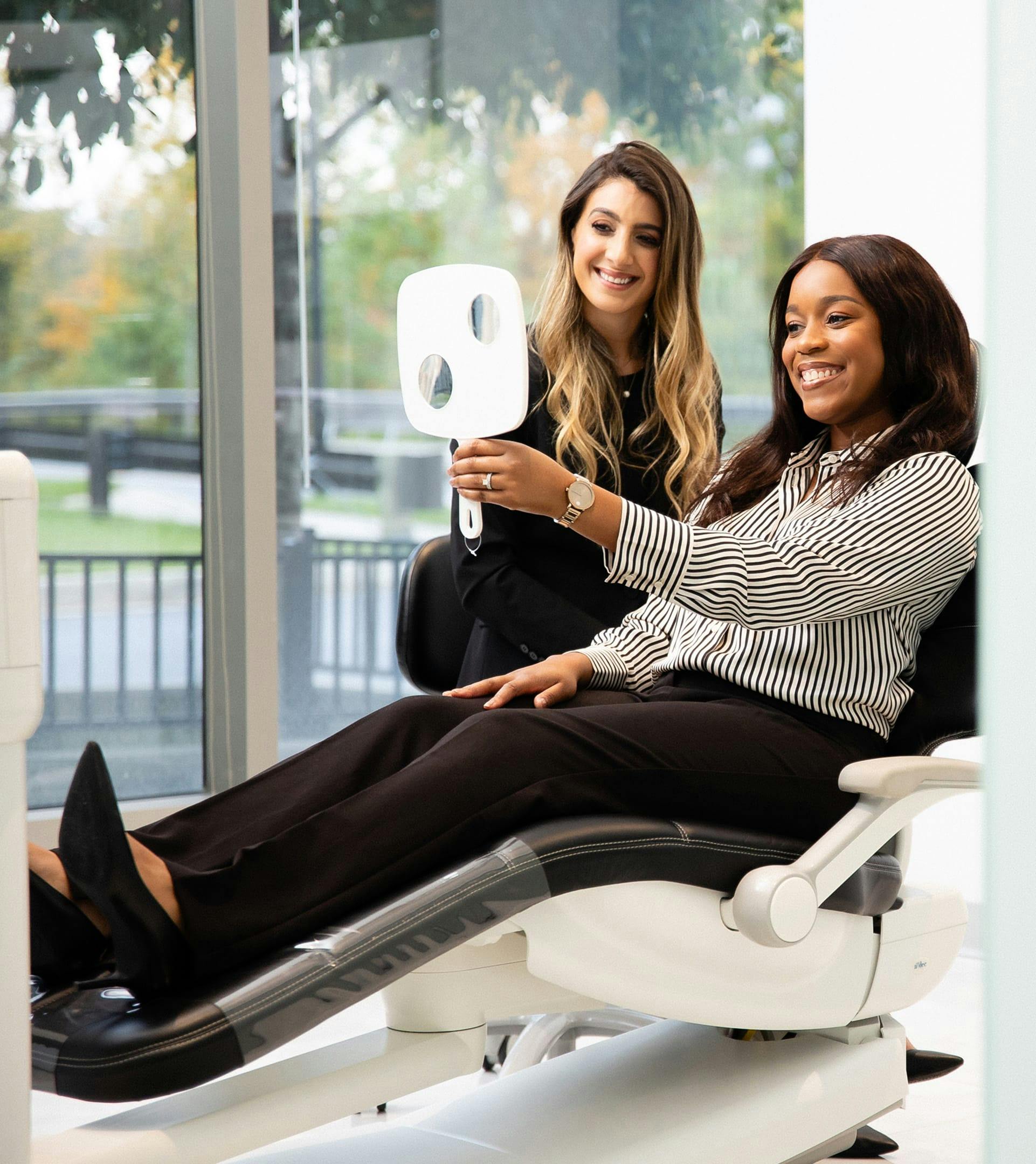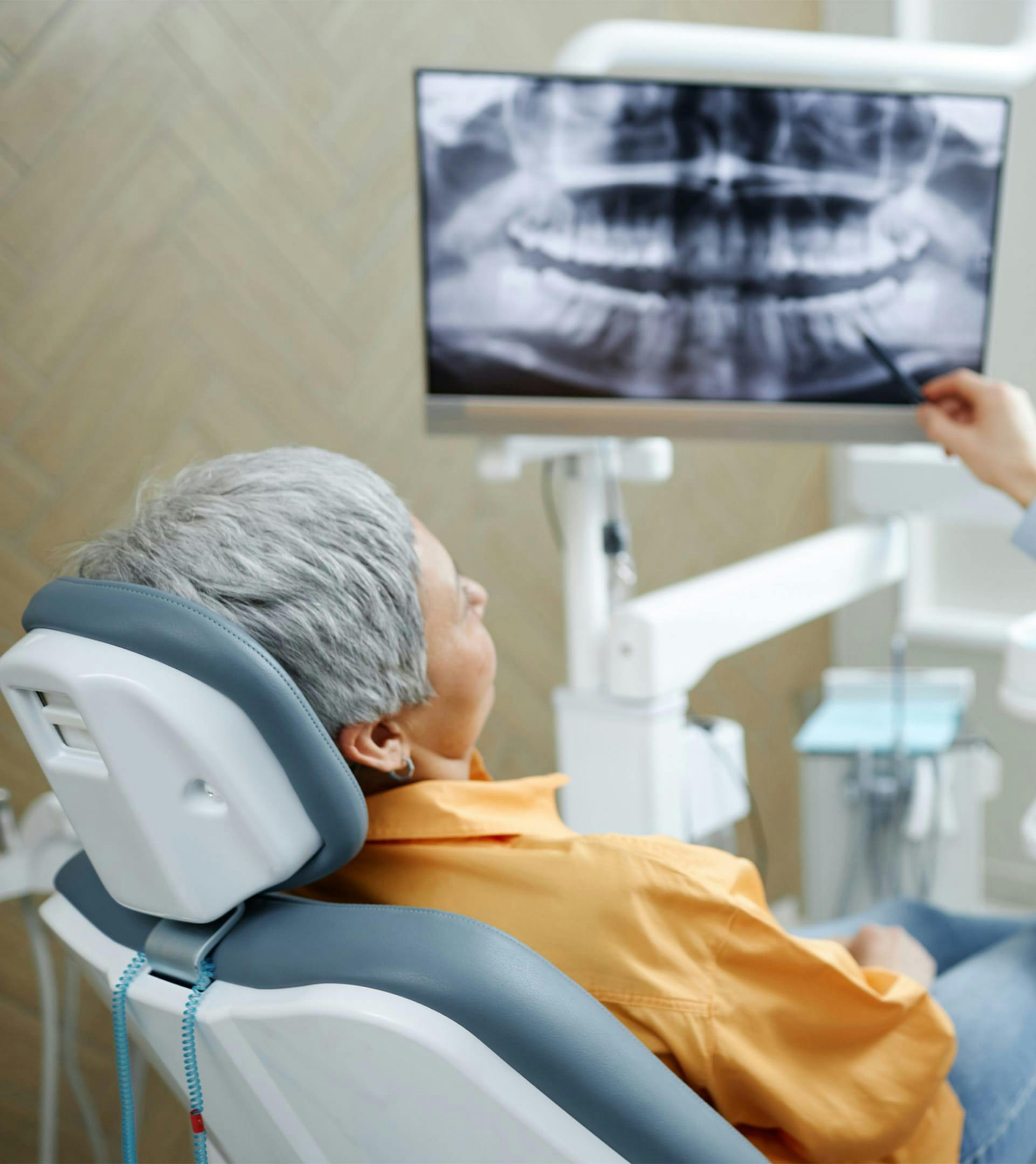If you’ve decided to have dentures and are trying to decide which type of dentures may be best for you, you’ve likely come across implant-supported dentures or full-mouth implants. Many people consider this type of denture when they are trying to make their decision. Simply put, there are many benefits to them that are not available with other options.
About Implant-Supported Dentures
The first step in deciding if these dentures are right for you is to understand how they are different from other denture types. Implant-supported dentures are overdentures that are made stable with implants. Other types of dentures simply rest over the gums, while these are secured to the gums.
The reason this type of denture is used is because the person doesn’t have any teeth in the jaw but has enough bone to support implants. This allows for the special attachments of the implants to snap into the implants. Implant-supported dentures are most suitable for the lower jaw because regular dentures are usually much less stable on the bottom. The upper jaw provides much more support for regular dentures, so it usually doesn’t need implants. However, for some patients, implants can be placed on both the upper and lower jaws. The biggest drawback to implant-supported dentures is not having to deal with them moving when speaking or eating. While the dentures do come out of the mouth for cleaning, when they are in the mouth, they remain there.







